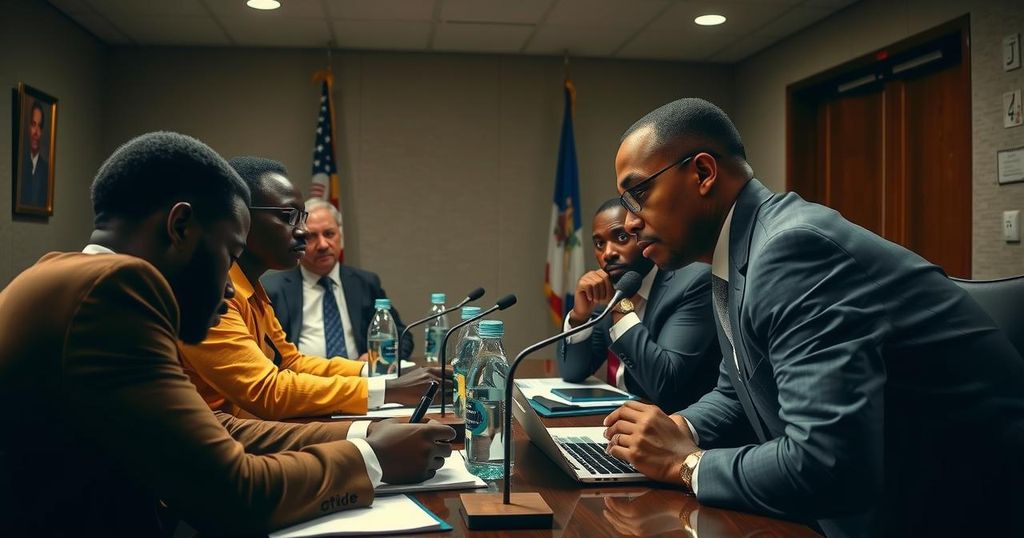Guinea Bissau President Indefinitely Postpones Elections Amid Political Turmoil
Guinea Bissau’s President Umaro Sissoco Embalo has indefinitely postponed the legislative elections initially set for November 24, following a history of political instability. The delay comes after difficulties related to funding and logistics were acknowledged, with no new election date established yet. Tensions continue between Embalo and the opposing PAIGC party, complicating the prospect of governance and stability in the country.
The President of Guinea Bissau, Umaro Sissoco Embalo, announced the indefinite postponement of the legislative elections originally scheduled for November 24, exacerbating the political instability within the nation. This decision follows the dissolution of parliament in December 2023, a measure taken after what Embalo characterized as an attempted coup. The anticipated elections have faced significant logistical challenges and funding shortfalls, leading to the expectation of a delay. As a result, a new timeline for the elections remains unspecified, further complicating the political landscape and the ongoing cohabitation with the opposing coalition, PAIGC, which has been critical of the president’s actions.
Guinea Bissau is a small West African nation that has historically faced political instability and numerous coups since gaining independence from Portugal. The nation has struggled with governance issues, rampant corruption, and economic challenges. The recent political turmoil intensified following the dissolution of parliament and subsequent armed clashes, underscoring the fragile state of the country’s political institutions. President Embalo’s tenure has been marked by turbulent relations with opposition parties, specifically the PAIGC, which secured a parliamentary majority in the 2023 elections. These developments have left the country in a state of uncertainty as it grapples with how to fund and conduct new elections amid continued unrest.
The indefinite postponement of the legislative elections in Guinea Bissau represents a significant setback for the country’s efforts to stabilize its political landscape. With a lack of funding and logistical obstacles complicating the electoral process, there is growing concern about the future of governance in this impoverished nation. The unresolved tensions between President Embalo and the opposition PAIGC party further exacerbate the political impasse, leaving citizens in a prolonged state of uncertainty regarding their leadership and representation.
Original Source: punchng.com




Post Comment